“Based on the leaked discussions, it is clear that expectations for impartiality and objectivity have been entirely lost in the Brussels decision-making processes – especially in the European Parliament, but the European Commission as well. Hungary and Poland are facing predetermined opinions, preconceptions, and politically motivated attacks. There is a clear tendency of Christian-democratic, patriotic governments being the target of attacks,” said Balázs Hidvéghi in response to the Magyar Nemzet series of articles on Soros-
NGO leaders and journalists revealing insider efforts to manipulate public opinion against Hungary and Poland as well as the conscious double standard applied by Brussels institutions to conservative governments. “It’s enough to remember Matteo Salvini’s term as Minister of the Interior: when he took a strong stance against migration, an attack campaign was immediately launched against him – he was even dragged to court. Aggressive ideological attacks always target right-wing governments,” described the politician. He also added,
This kind of ideological pressuring obviously creates tensions among Member States. And if there are tensions and doubts between Member States, then long-term European cooperation is jeopardized.
The Fidesz MEP also highlighted an important lesson from the leaked conversations: if a new right-wing government comes to power, it would run into the same lot of troubles with Brussels and EU institutions and the closely-connected NGOs.
NGOs a constant topic in the EP
We also asked the MEP whether one of the consequences of these closely-connected NGOs is the legislation drafted by the LIBE Committee this past week proposing the inviolability of NGOs in the European Commission’s rule of law reports. “This threat has already been partially realized unfortunately, as this is common practice in Brussels. For example, the LIBE Committee repeatedly cites allegedly-independent NGOs which are in reality, extremely politically motivated. These organizations are now far too involved in decision-making processes in Brussels. Many EP and Commission reports and documents refer at length to NGOs – and these have become significant documents today.
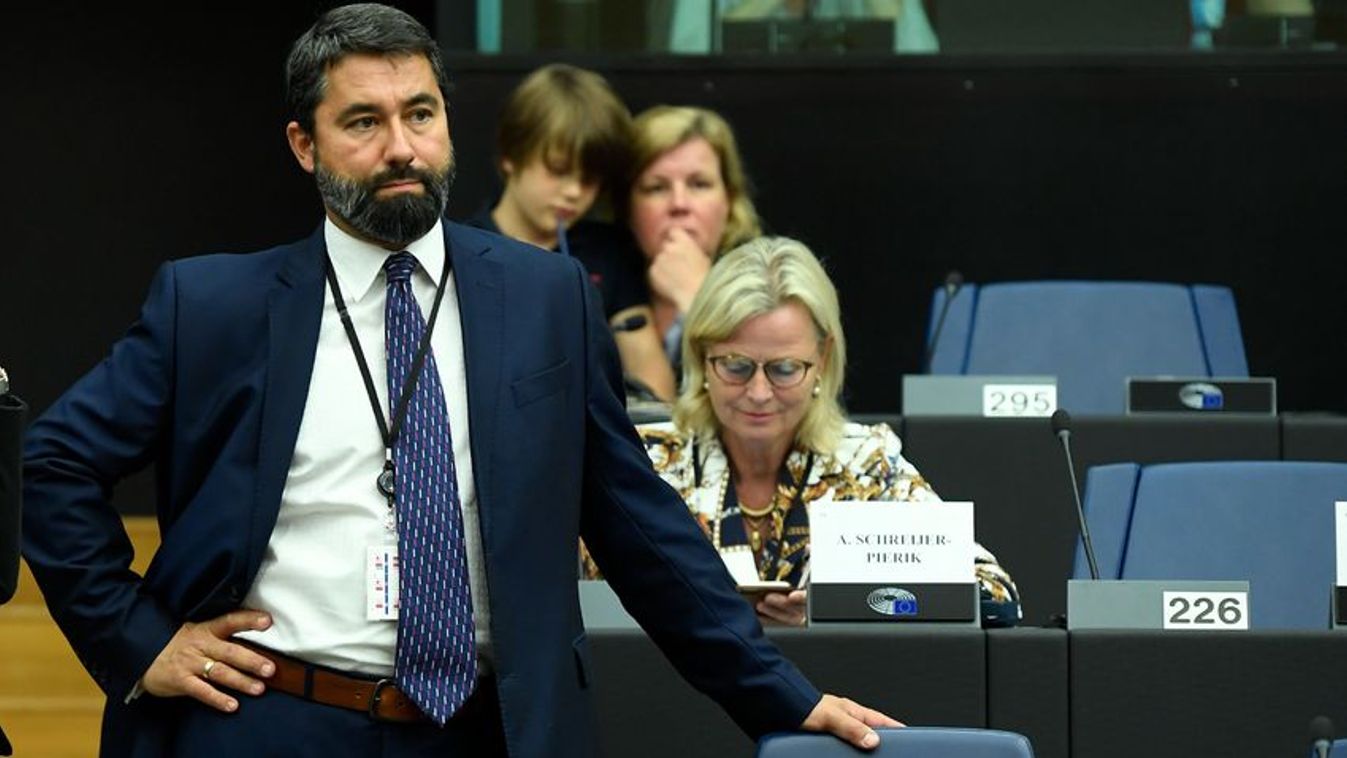
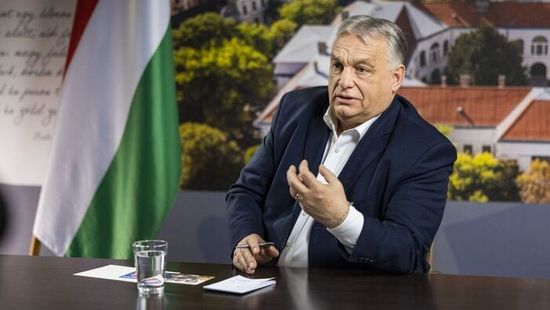




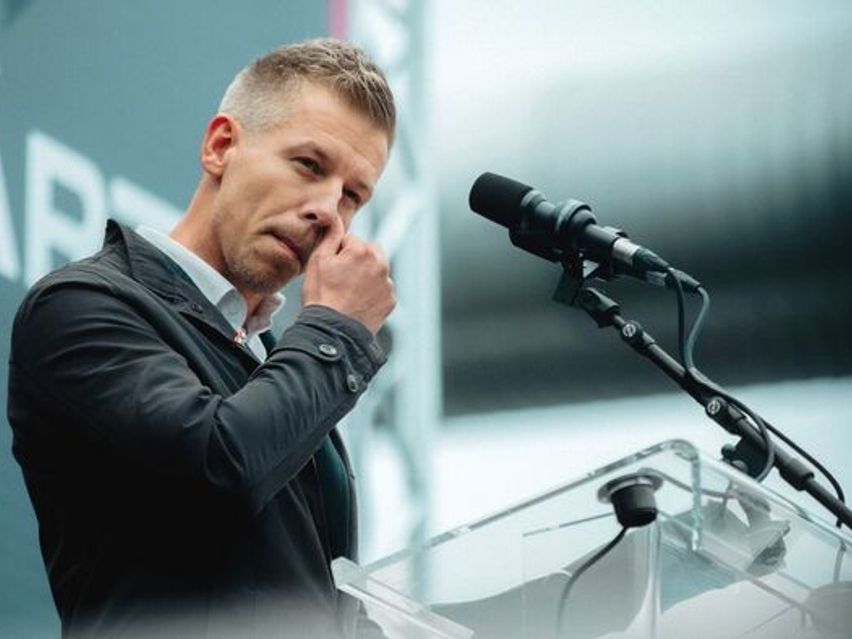

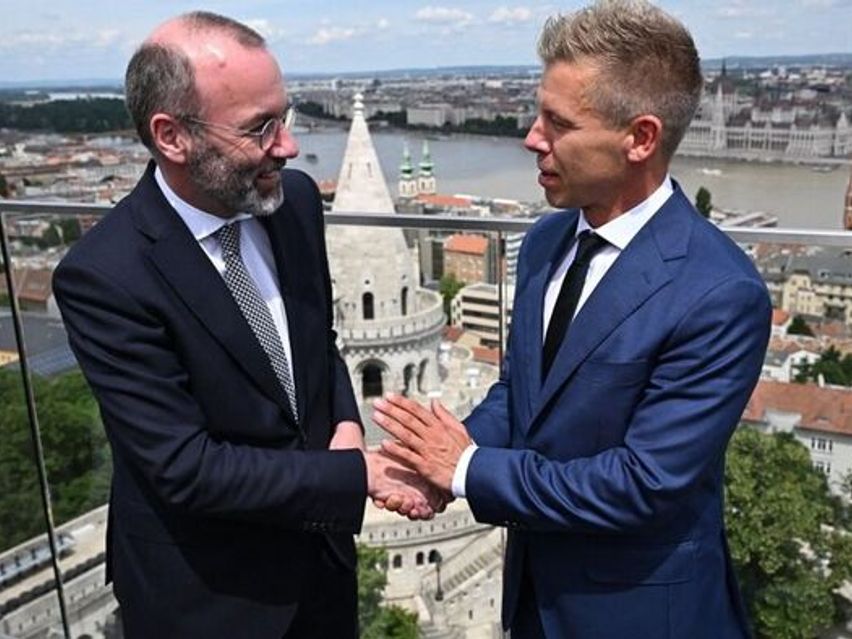
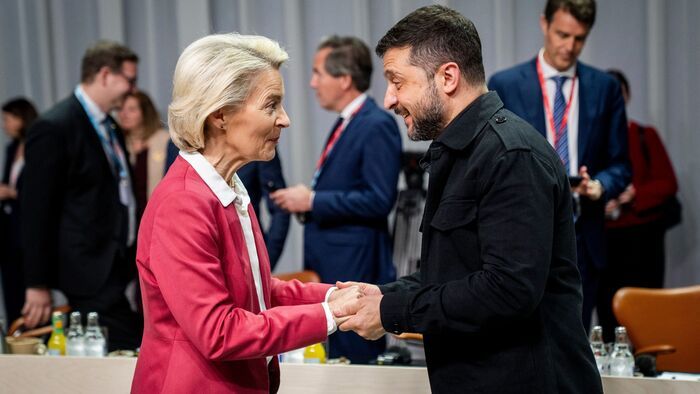

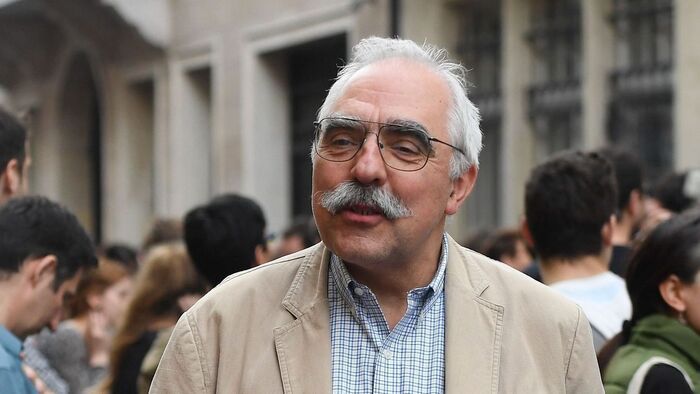
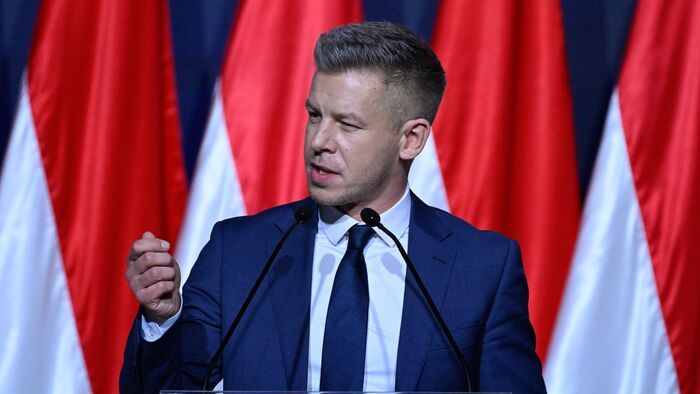
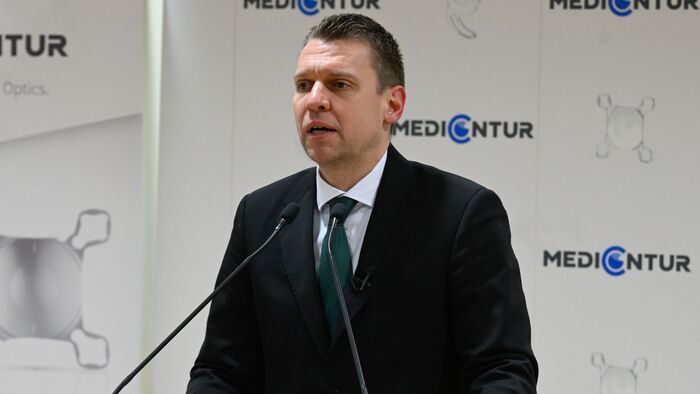
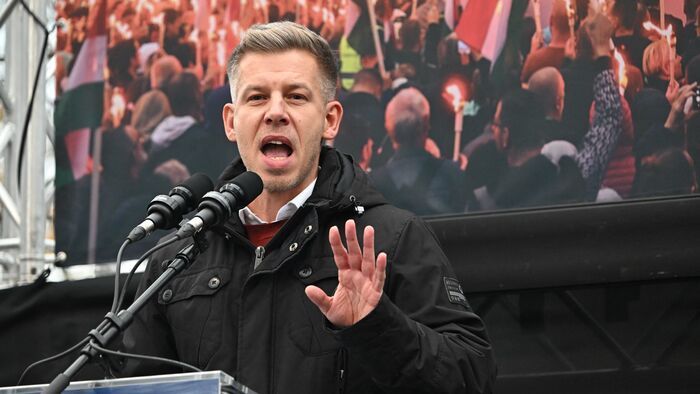

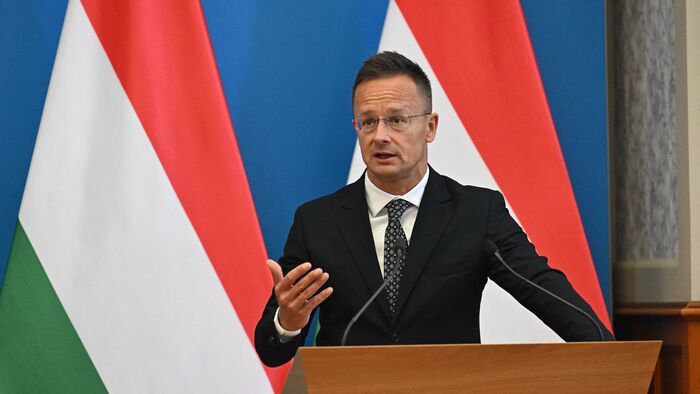
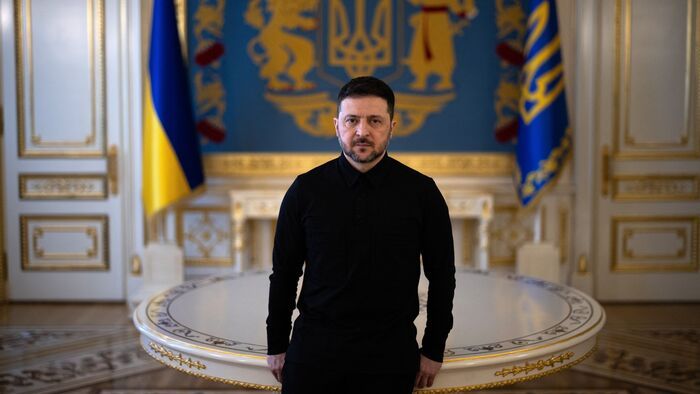





Szóljon hozzá!
Jelenleg csak a hozzászólások egy kis részét látja. Hozzászóláshoz és a további kommentek megtekintéséhez lépjen be, vagy regisztráljon!